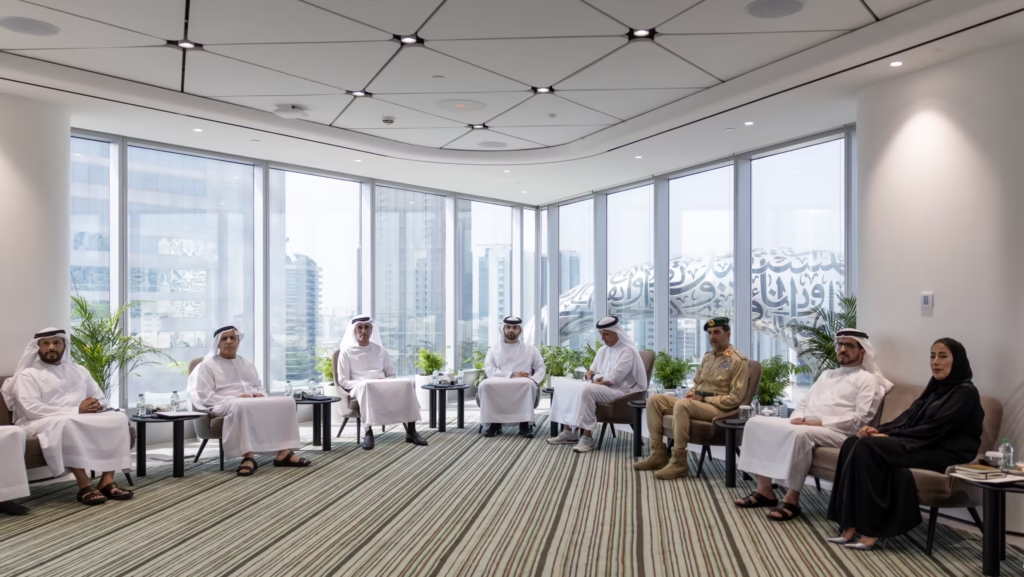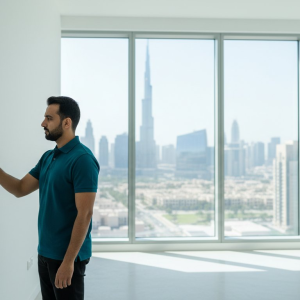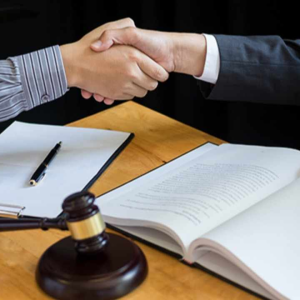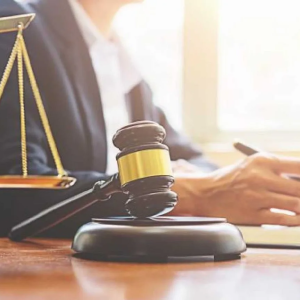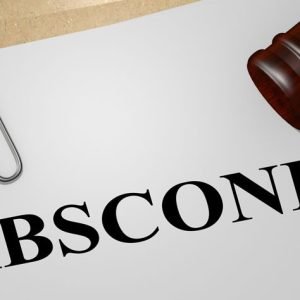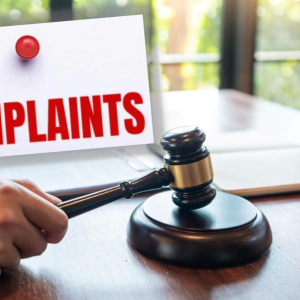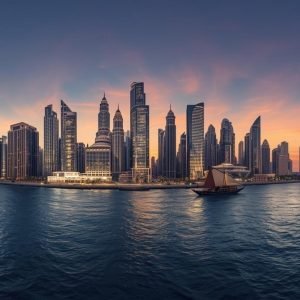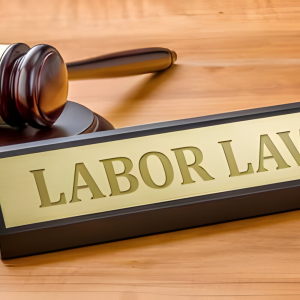The Dubai crisis management meeting chaired by His Highness Mansoor bin Mohammed bin Rashid Al Maktoum marked another strong step in reinforcing the emirate’s readiness and resilience against potential emergencies. Held under the umbrella of the Supreme Committee of Crisis and Disaster Management, the meeting focused on strengthening Dubai’s preparedness, coordination, and crisis response systems to ensure the city remains one of the safest and most resilient in the world.
Strengthening Dubai’s readiness
The Dubai crisis management meeting was convened to evaluate the emirate’s emergency and crisis management frameworks. It brought together senior officials and representatives from multiple government departments, private sector entities, and community organizations. Their shared goal was to ensure seamless cooperation between all sectors during emergencies.
The meeting reviewed existing crisis plans and highlighted the importance of updating them regularly to reflect current realities and evolving risks. It also emphasized the need to strengthen communication channels and build rapid response frameworks that enable all entities to act as one coordinated unit when needed.

Mansoor bin Mohammed praised the efforts of Dubai’s emergency teams and reaffirmed that the safety and well-being of residents, citizens, and visitors remain top priorities. He also reiterated that preparedness is not a one-time effort but a continuous process involving planning, coordination, and training.
Enhancing coordination across entities
A central theme of the meeting was cross entity coordination, which remains the backbone of Dubai’s crisis management approach. The Supreme Committee highlighted that effective crisis management depends on how well various entities such as government departments, private companies, and volunteer groups can communicate and collaborate in real time.

Mansoor bin Mohammed encouraged all sectors to strengthen their partnerships and share data and resources to ensure an integrated response to any crisis. He also underscored that preparedness must extend beyond government agencies to include active participation from the private sector and local communities.
By promoting this inclusive approach, the meeting demonstrated Dubai’s vision of collective responsibility, where every stakeholder contributes to resilience and safety.
Reviewing sector readiness
The committee also reviewed the readiness of key sectors including health, transportation, infrastructure, utilities, and communications. Each sector plays a vital role in ensuring Dubai’s ability to respond effectively to emergencies. The review helped identify potential gaps and opportunities for improvement in contingency planning and risk management.
Particular attention was given to critical infrastructure and essential services that must remain operational during crises. The meeting emphasized proactive planning and periodic simulation exercises to test the readiness of these sectors.
Focus on technology and innovation
Dubai continues to lead in using technology to manage and mitigate crises. The meeting discussed the importance of advanced systems for early detection, real time data sharing, and rapid decision making. Technology driven command centers, artificial intelligence tools, and predictive analytics were highlighted as essential components of Dubai’s modern crisis management strategy.
The use of digital platforms also ensures quick communication between teams, reduces delays in response times, and improves coordination across departments. Mansoor bin Mohammed stressed that leveraging innovation and smart solutions is key to keeping Dubai ahead in crisis preparedness.
Encouraging community volunteerism
Another major focus area was community engagement and volunteerism. The meeting recognized the essential role that volunteers and residents play in building a culture of preparedness. Community volunteers are often the first responders during emergencies, and their involvement enhances the city’s overall resilience.
The committee discussed new initiatives to expand volunteer training programs, increase participation, and create awareness campaigns that educate residents on how to act during emergencies. This community first approach reflects Dubai’s broader vision of collective responsibility, where every individual can contribute to the safety and stability of the emirate.
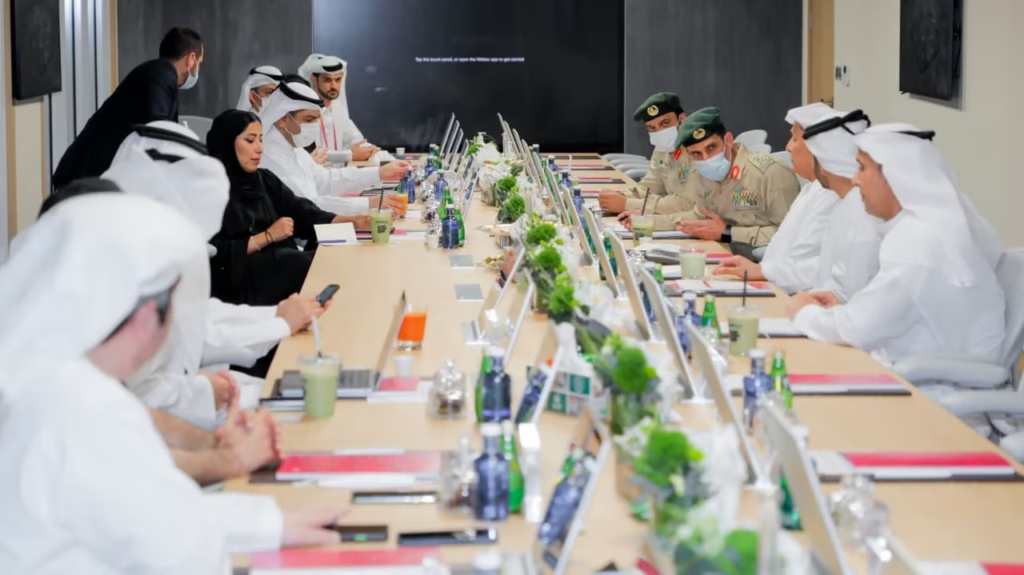
Building institutional sustainability
The Dubai crisis management meeting reaffirmed the importance of institutional sustainability and long term planning. Mansoor bin Mohammed highlighted that resilience is built through consistent improvement and proactive measures, not reactive solutions.
To maintain institutional sustainability, the committee emphasized continuous training, clear leadership structures, and effective resource allocation. Regular assessments, joint exercises, and after action reviews will ensure that every entity remains well prepared to handle any future challenge.
Benefits of the meeting’s outcomes
The discussions and action plans emerging from this meeting will have a lasting impact on Dubai’s readiness.
- Improved safety and trust Residents and visitors can have greater confidence knowing that Dubai has strong systems and leadership in place to manage emergencies.
- Enhanced business continuity By ensuring that key sectors remain functional during crises, Dubai supports its business community and global investors.
- Strengthened collaboration The meeting reinforced a unified approach among all stakeholders, making Dubai’s response more efficient and cohesive.
- Global recognition Dubai continues to set an example for urban resilience and crisis management, reinforcing its reputation as one of the most prepared cities worldwide.
The road ahead
Looking ahead, the Supreme Committee will continue refining strategies and implementing new initiatives discussed in the meeting. These include
- Updating and testing emergency plans across all sectors
- Enhancing coordination through advanced communication systems
- Strengthening partnerships with private sector organizations
- Expanding community volunteer programs
- Introducing new technologies to improve data analysis and decision making
Dubai’s crisis management framework will also continue to integrate lessons learned from global best practices. The emirate aims to become a world leader in proactive risk management and institutional readiness.
A model for the region
The Dubai crisis management meeting not only benefits the emirate but also serves as a model for other cities in the region. Its integrated, technology driven, and community inclusive approach shows how modern cities can safeguard their populations and infrastructure against various threats.
Under the leadership of Mansoor bin Mohammed, the Supreme Committee of Crisis and Disaster Management continues to build a future ready framework that combines innovation, leadership, and public engagement to ensure long term resilience.
Conclusion
The Dubai crisis management meeting chaired by Mansoor bin Mohammed once again demonstrated Dubai’s commitment to safety, coordination, and innovation. By focusing on readiness across all sectors, enhancing technology use, and empowering communities, the emirate continues to set global standards in crisis and disaster management.
This proactive and forward thinking approach ensures that Dubai remains not only ready for challenges but also capable of turning them into opportunities for growth and improvement. In a rapidly changing world, Dubai’s emphasis on collaboration, resilience, and sustainability stands as a powerful example of leadership and preparedness.
Do follow UAE Stories on Instagram
Read Next – Emirates SkyCargo Bangkok Freighter Expands Asia Trade

